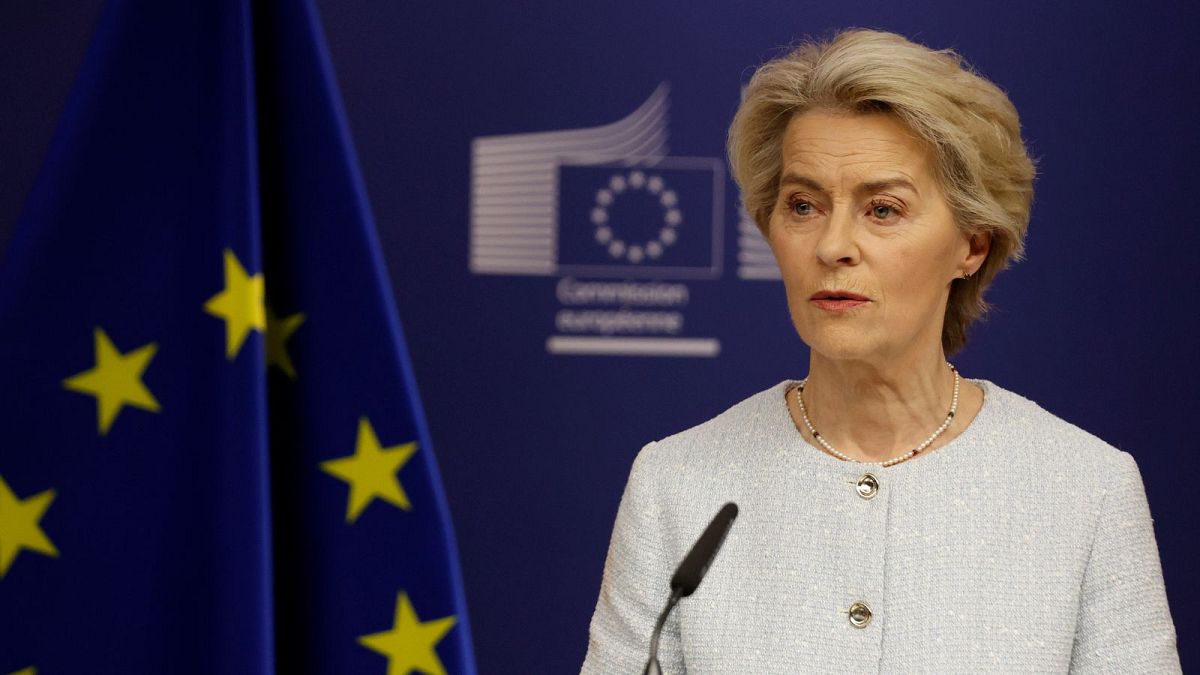The European Commission has recently announced an additional €30 million in humanitarian aid for Lebanon as Israel’s conflict with Hezbollah intensifies. This brings the total amount of monetary aid to over €100 million for the year 2024, with the aim of providing essential support such as food, shelter, healthcare, and other services to the people of Lebanon who are facing a dire situation.
The ongoing conflict in Lebanon has resulted in a deepening humanitarian crisis, with over 1,000 deaths and hundreds of thousands of people displaced. Many are left homeless and forced to sleep on beaches or the streets due to the destruction caused by the conflict. The World Health Organization has reported the closure of over 30 primary healthcare centres in affected areas, making it challenging for medical staff to handle the increasing number of patients.
The situation in Lebanon is further exacerbated by pre-existing issues such as an economic crisis and the devastating Beirut port explosion of 2020. The lack of basic services like electricity and medical care has left the country struggling, with political divisions further complicating the situation. Lebanon has been without a functioning government for over two years, leading to a sense of abandonment among its population.
The humanitarian coordinator for Lebanon, Imran Riza, has highlighted that the country is “grappling with multiple crises” that have overwhelmed its capacity to cope. This has resulted in a scarcity of essential services, with rubbish piling up on the streets due to a significant reduction in municipal workers. The lack of governmental support has left the country’s infrastructure in disarray, making it challenging for residents to access vital resources.
In response to the escalating crisis in Lebanon, the European Commission President Ursula von der Leyen emphasized the need for a ceasefire and the release of hostages in the region. The additional funding from the EU aims to provide much-needed assistance to civilians in Lebanon during this challenging time. The aid package is intended to address the immediate needs of the population, including food supplies, hygiene kits, and support for medical facilities.
The situation in Lebanon remains critical, with urgent humanitarian assistance necessary to address the growing needs of the population. The European Commission’s commitment to providing additional funding reflects the importance of international support in times of crisis. As Lebanon continues to grapple with multiple challenges, it is vital for the global community to come together and provide the necessary aid to alleviate the suffering of the Lebanese people.











